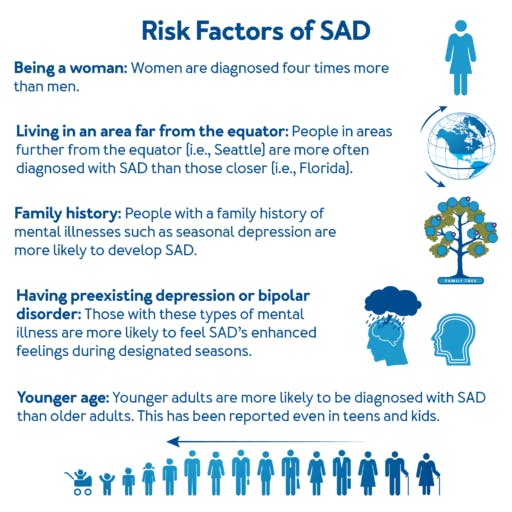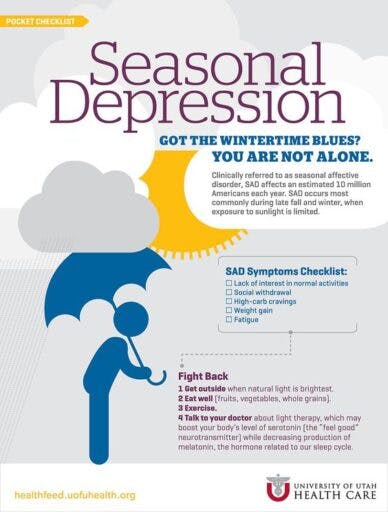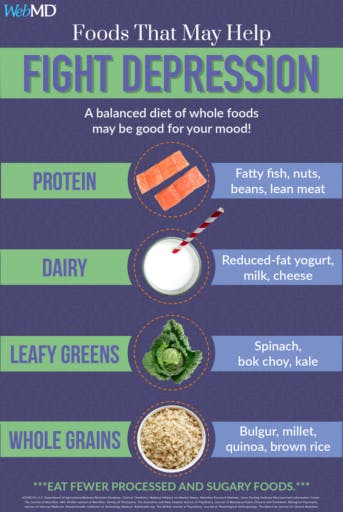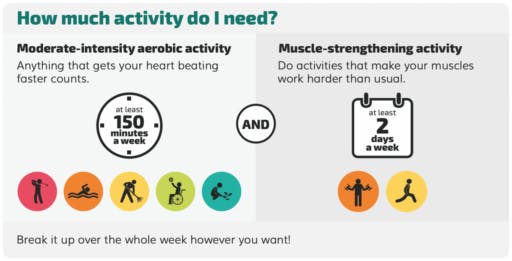How Caregivers Can Help Seniors Combat Seasonal Depression
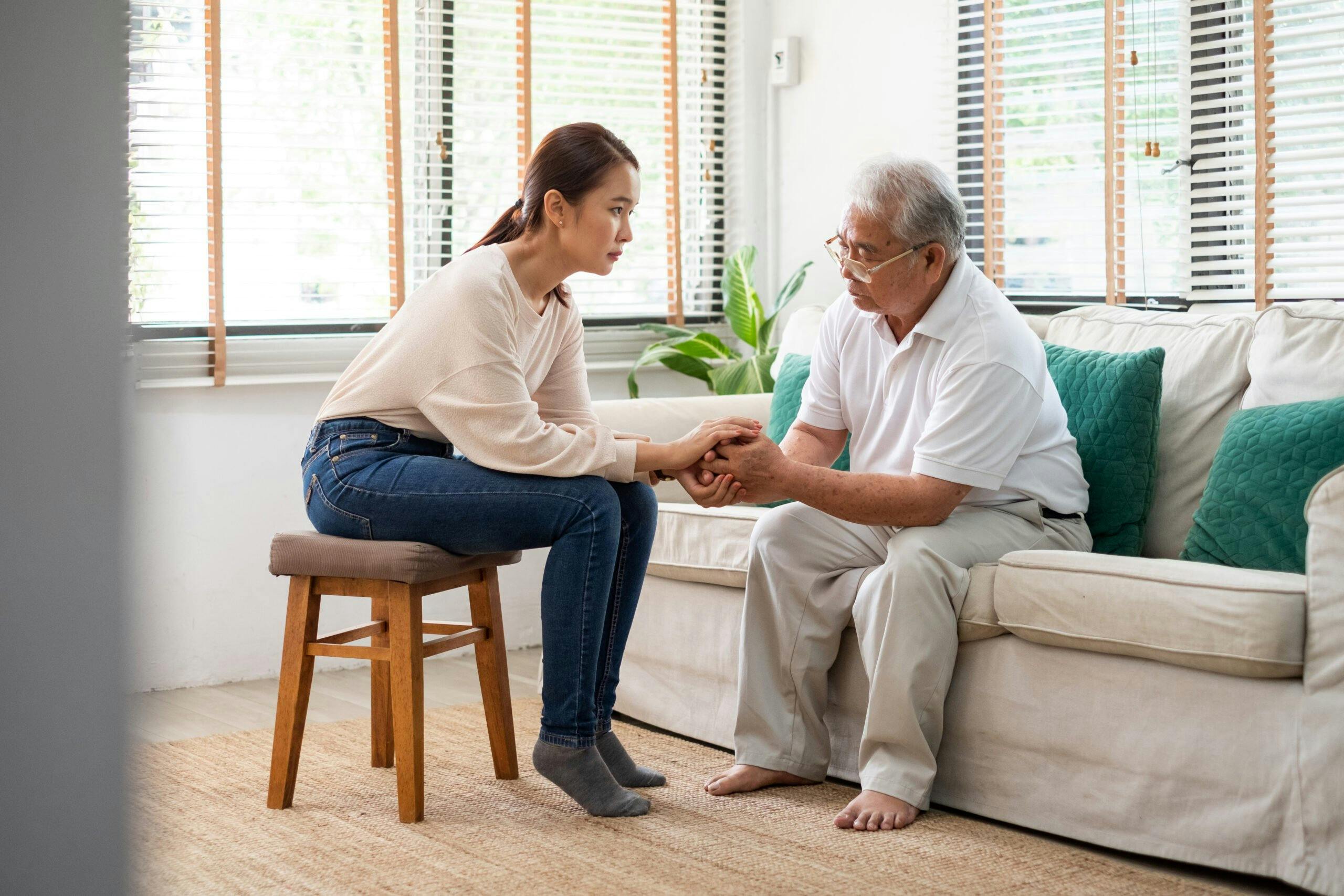
Depression is common among the elderly—over 7 million people in the U.S. 65 years old and above experience depression yearly. And while this reality may not be a new one, there are definitely ways to address it so the elderly can still live fruitful lives.
But you must get ahead of the curve before depression does. If it remains untreated among seniors, it can significantly worsen their mental health and quality of life.
One of the most common types of depression afflicting seniors continues to be a seasonal affective disorder (SAD). This post will shed light on the effects of SAD, how you can help to combat it effectively, and what role caregivers play in helping your seniors not only fight off SAD but also improve their quality of life.
What is Seasonal Affective Disorder?
Also known as “winter blues,” SAD is a depression type triggered by changes in seasons. It begins and ends at the same time every year, with symptoms of low energy levels, sleeping problems, and changes in weight and appetite lasting between 4-5 months.
As the name suggests, SAD is common during the winter season, extending to February. While everybody may experience SAD, women who live far from the equation and have a family history of major depressive disorder have the highest chance of getting this disorder.
Studies show that there is a strong correlation between the low level of sunlight between fall to winter and SAD. It can disrupt a person’s biological clock or circadian rhythm, thus leading to depressive feelings.
Reduced exposure to sunlight can also cause a drop in one’s serotonin, a neurotransmitter affecting mood. The higher the serotonin levels are, the better the mood of a person is. But the shorter days during winter cause the serotonin levels among people to drop as a result.
The lack of sunlight exposure could also interfere with the body’s melatonin, a chemical partly responsible for disposition and sleep patterns. As mentioned, longer nights confuse the biological clocks of seniors leading to lethargy and sleepiness. These are signs of low melatonin levels and serve as a precursor to depression.
Three Tips on How You Can Help Your Seniors Combat Seasonal Depression
If your aging loved one manifests any of the aforementioned symptoms, you must find ways on how to help them fight off SAD. Below are simple things you can do for them:
Tip #1: Increase Their Exposure to Light
It can be simple to help your elderly loved one increase their daylight exposure—just sit near a window or porch for an hour or two every day, especially if it’s a sunny day. This can potentially help them recover their serotonin and melatonin levels.
You could also accompany your loved one on an hour-long morning walk daily. If there’s no sunlight or it is wintertime, you may need to increase the duration of your senior’s walks to compensate.
If they live in climates that don’t get a lot of sunlight in the winter, or if it’s not possible to get them outside at the moment, bright light therapy is an alternative to treat the seasonal affective disorder. Like sitting next to a window, seniors sit beside a light therapy box that gives off bright light similar to natural outdoor light.
A study shows that the mood of patients with SAD improved after exposure to the lightbox for 20 minutes during the first session.
Tip #2: Ensure They’re Eating a Balanced Diet
Ensuring your seniors are eating a healthy diet by adding certain foods helps combat the melatonin increase in an individual experiencing SAD. These include foods like fatty fish, nuts, spinach, bok choy, and nutrient-dense grains like quinoa.
The first three food groups contain an amino acid called tryptophan, which can boost serotonin levels. Most of the time, however, tryptophan has to fight against other amino acids before the body absorbs them. To help your body absorb this amino acid more effectively and receive a serotonin boost, you must consume it alongside carbohydrates.
Also, consider treating your family members with vitamin D. The body absorbs vitamin D through sun exposure to keep bones strong and the immune system working correctly. But a study shows that people with low levels of vitamin D were at a greater risk of depression.
Food rich in vitamin D like salmon, mackerel, and other fatty fish contains omega-3. Having the right amount of omega-3 in one’s body can combat depression and mood disorders.
Finally, a study shows that a link between vitamin B12 deficiency and depression exists. In this case, round out the diet of your seniors by including vitamin B-rich food such as milk and dairy products, eggs, and seafood.
Tip #3: Encourage Them to Exercise
Studies have shown that there is a strong correlation between regular physical activity and physical and mental well-being. So, ensuring that your loved ones exercise regularly allows them to treat SAD properly.
The Physical Activity Guidelines for Americans states that the elderly should perform aerobic and muscle-strengthening exercises to improve their health.
Light aerobic activities like brisk walking and gardening are perfect for their age and capabilities. Examples of exercises that strengthen the muscles of seniors include yoga, pilates, lifting weights, and using resistance bands, among others.
Assuming that your seniors don’t have pre-existing conditions, they should ideally spend 150 minutes (2.5 hours) doing moderate-intensity aerobic exercises and two days’ worth of muscle-strengthening activities.
How Can Caregivers Help Combat Seasonal Depression in the Elderly
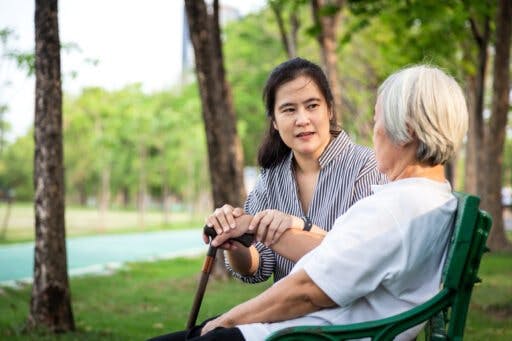
Since you may not always be around to help seniors combat seasonal depression, caregivers can play a significant role in lifting several harmful effects of SAD. They offer services that enable older adults to age at home, which can translate to better physical and mental health.
Their services can help with specific challenges that seniors face in daily living and this can make a significant impact on the mental well-being of aging adults.
Personal Care
Mental illnesses, including SAD, can affect hygiene. But your seniors’ lack of energy to clean themselves, which could affect their health, gives you all the more reason to take much better care of their well-being.
So, if your seniors are having difficulties keeping themselves clean, a caregiver will ensure that they meet their personal care needs. The caregiver can help with bathing your loved ones, dressing them up, assisting them to the bathroom, and others. The bodily cleanliness and feeling of refreshment should help improve the mental health of your seniors.
Meal Preparation
14.5% of home-living elderly are not getting the right nutrients from their diet and could play a role in their SAD.
If the reason is that seniors are physically unable to prepare their meals, a caregiver can help prepare dishes that meet their nutritional needs. By improving the diet of your family members, you can improve their mood and health.
Companionship
More than 33% of adults aged 45 and above are lonely, while almost 25% of people 65 years old and above consider themselves socially isolated.
To help your seniors stave off loneliness and SAD, they need the company of a caregiver who shares their hobbies and understands them personally. Caregivers can also take seniors on daily walks, exposing them to sunlight to combat SAD and using exercise to improve their mood. By having someone they’re comfortable with to talk to and spend time with, your seniors don’t have to worry about social isolation and loneliness.
Conclusion
SAD can be challenging for anyone, let alone seniors. So providing them the necessary support allows them to overcome the winter blues and enjoy life. To achieve this, they would need help from a compassionate caregiver who will aid them with personal care, exercise, healthy eating, and the satisfaction of a clean home.
Knowing the type of mental illness your elderly adults are going through now is essential. It lets you know which mental health conditions they are undergoing to come up with a treatment plan for it.
Thankfully, we at 24 Hour Home Care are more than capable of providing your loved one with the treatment he or she needs and deserves. We match you with highly skilled caregivers with the same interests and hobbies as your senior. We train our caregivers through the Whole24™ program to help your loved one receive the proper nutrition. All these should lift the mood and spirits of your family member high enough for them to overcome SAD.
Learn more about how our services can help your seniors deal with SAD.
